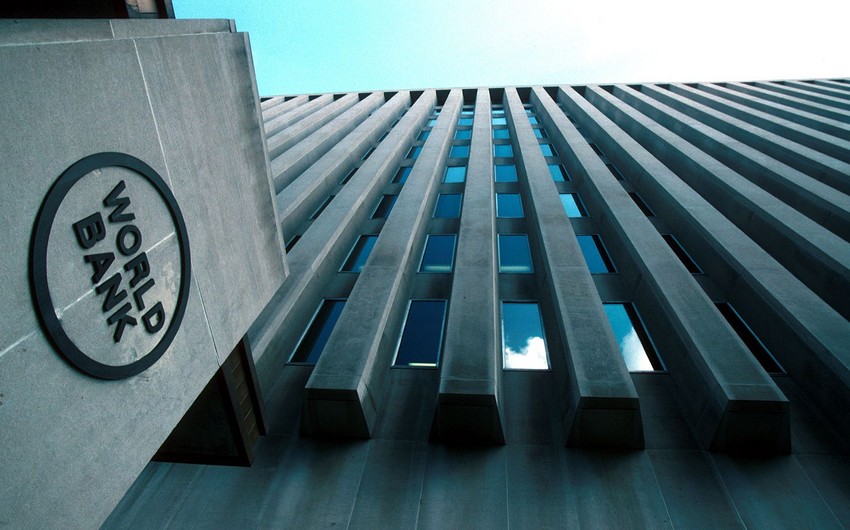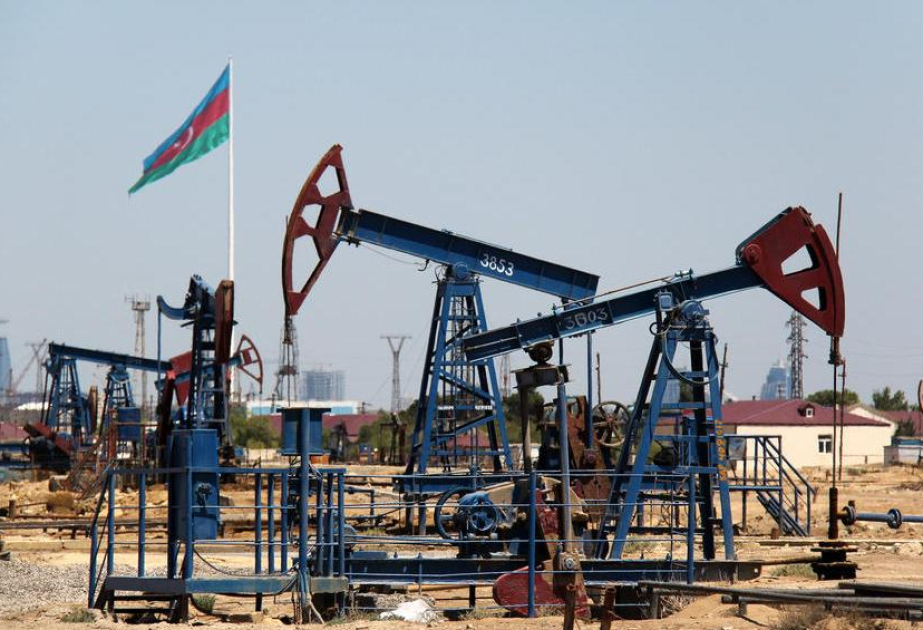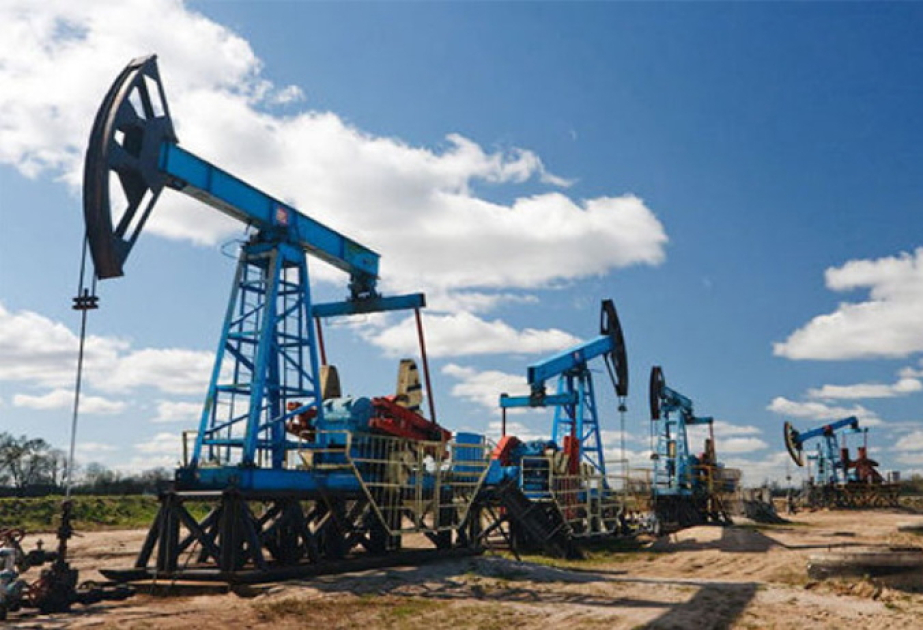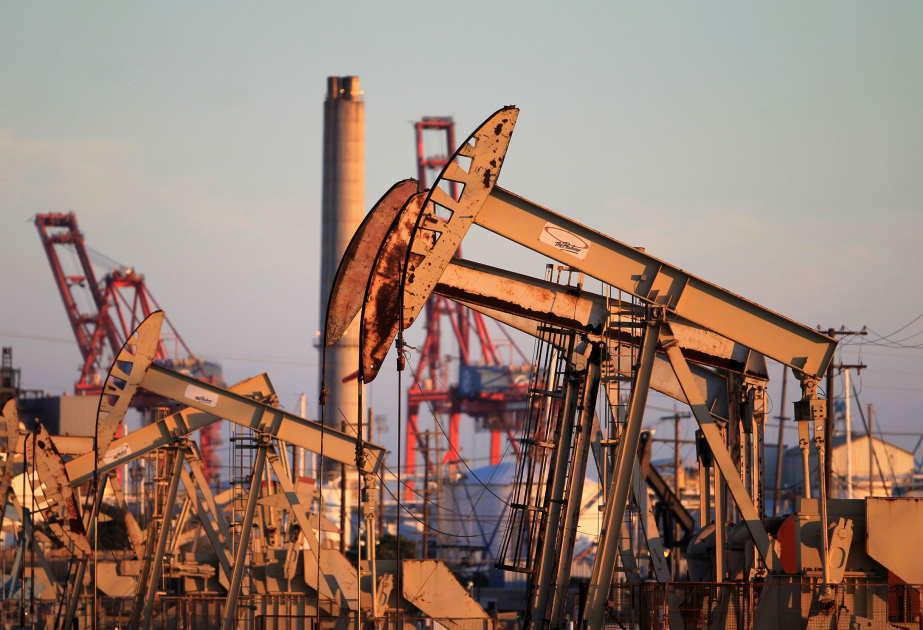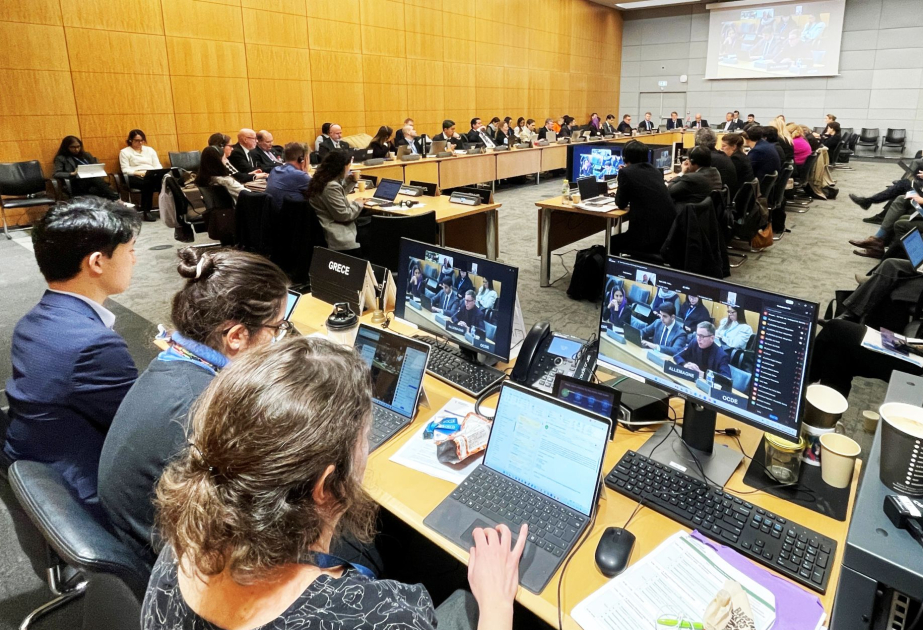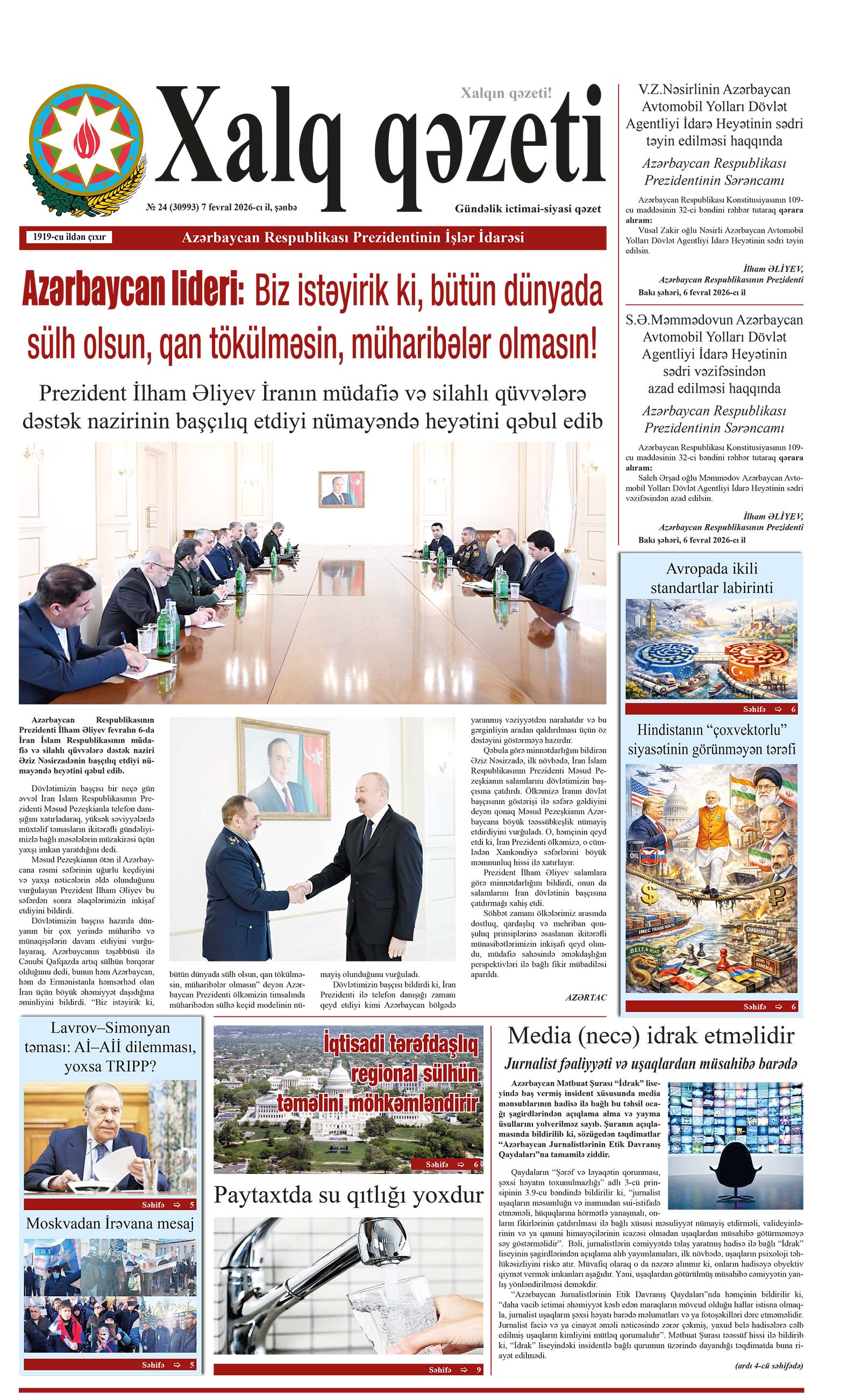According to World Bank (WB) forecasts, Azerbaijan’s GDP will increase by 2.4% in 2024, and 2.5% in 2025, reads the January WB report “Global Economic Prospects”, Report informs.
Compared to the June report, the forecasts are 0.1 percentage points lower, and coincide with the October report.
Growth in the South Caucasus will remain stable at 3.3% per year in 2024-2025, according to the report.
“While further unwinding in money transfer inflows from Russia is expected, re-exports and tourism will continue to support economic activity. However, long-term growth will remain hampered by commodity dependence, weaknesses in connectivity and logistics, and possible continuing geopolitical tensions between Armenia and Azerbaijan. Growth in Central Asia is forecasted to be broadly stable at about 4.8 percent a year over 2024-25, the highest among subregions,” reads the report.
“Still-high commodity prices, resilient consumer spending amid cooling inflation, and sustained export growth benefiting from rising oil production capacity in Kazakhstan, are expected to support the activity. Trade diversion triggered by the invasion, leading to increased exports to the region from countries that have reduced their exports to Russia, is expected to persist. The flow of remittances from Russia will wind down but remain well above pre-invasion levels.”
“Risks to the baseline forecast remain tilted to the downside. The ongoing conflict in the Middle East, especially if prolonged or spread, could negatively impact the region. A resurgence in energy prices, particularly European natural gas, would make reducing inflation more challenging, while potential benefits would be limited to energy-exporting economies like Russia and countries in Central Asia. Additionally, elevated uncertainty could tighten financial conditions, hampering investment and consumption.
Geopolitical tensions continue to pose downside risks. The year-to-October number of political violence events and demonstrations in the region almost trebled between 2021 and 2023, concentrated especially in Russia and Ukraine. Intensifying tensions and conflicts could worsen already-heavy human and economic losses. Other geopolitical strains—such as tensions between Armenia and Azerbaijan and between Kosovo and Serbia —could re-emerge. The high number of presidential, parliamentary, and local elections in 2024 also increases uncertainty about future economic policies,” the WB added.


